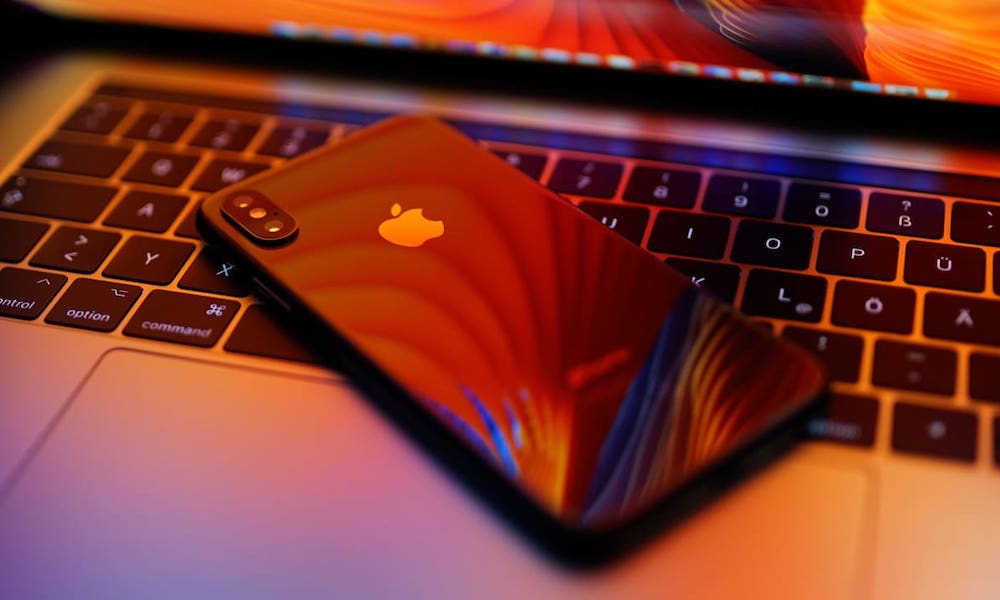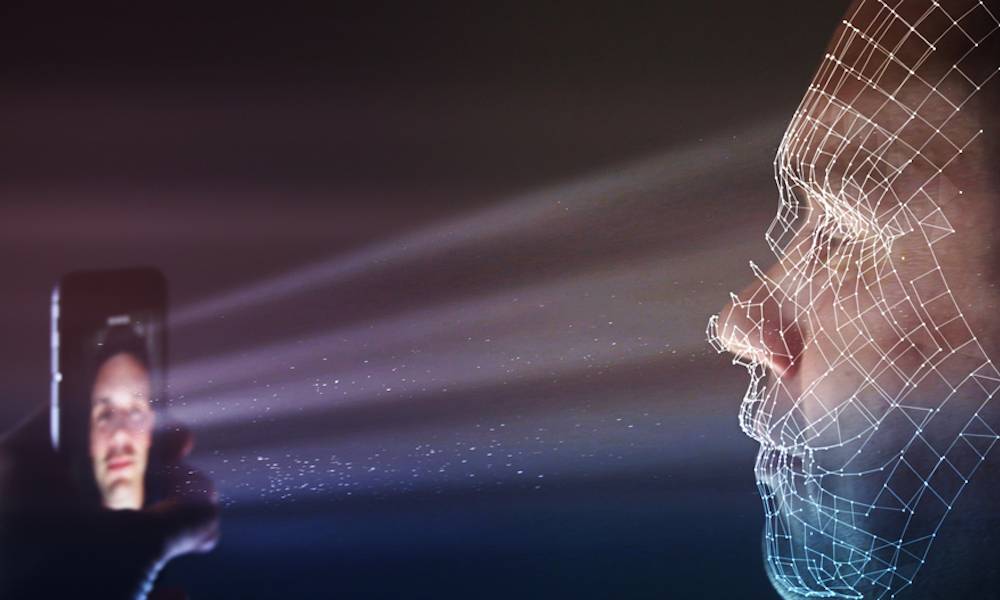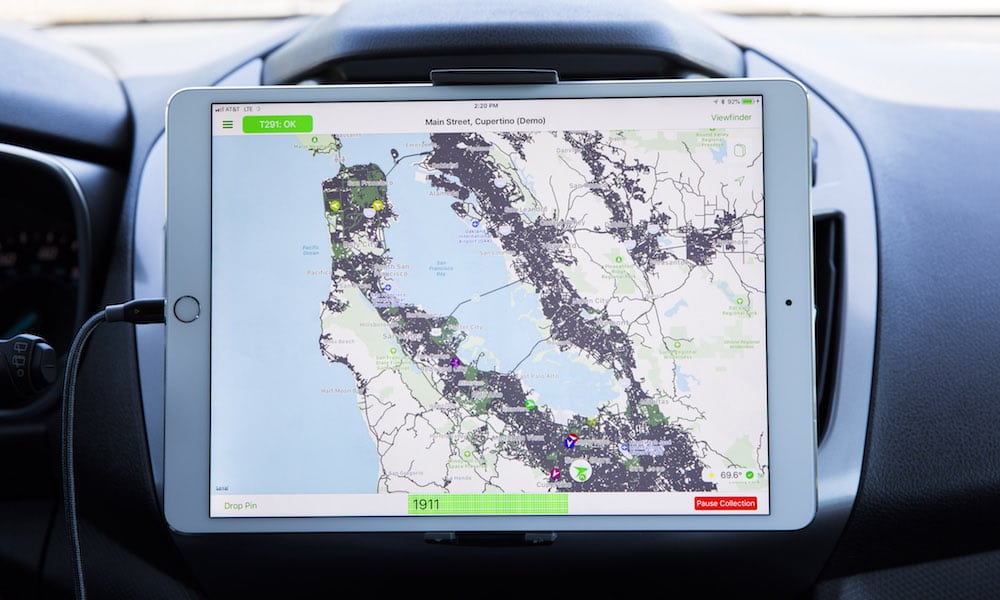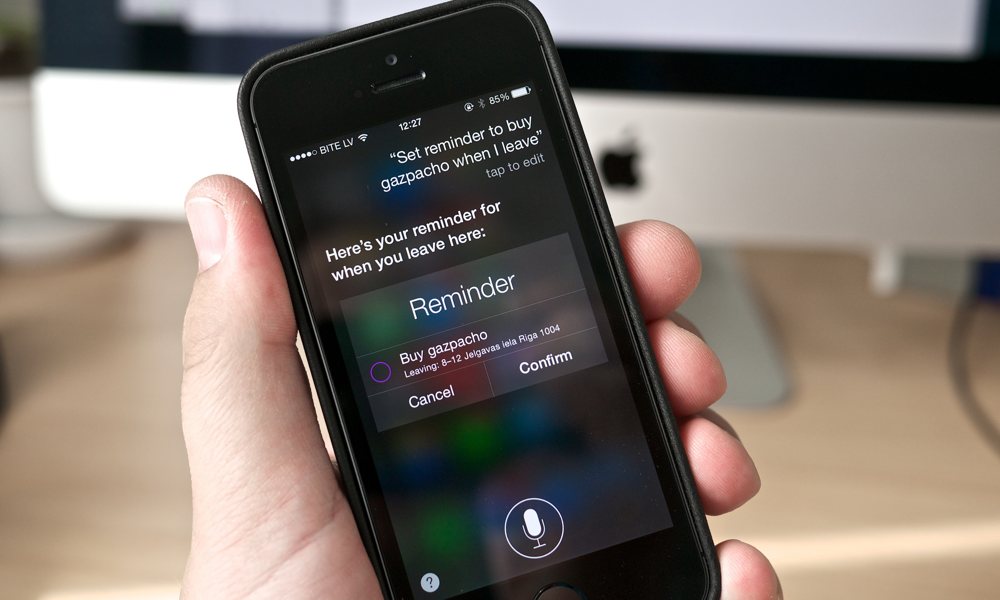5 Hidden Ways Your iPhone Keeps Your Data Private and Secure
 Nikolay Tarashchenko / Unsplash
Nikolay Tarashchenko / Unsplash
Apple is an outlier among major technology firms. Unlike some of its competitors, Apple believes privacy is a human right — and its user data policies reflect that. You probably already know that Apple has extremely secure devices and that it doesn’t sell your data to advertisers or third parties. But here are five other small privacy-related details on iPhone that you may not have known. Continue reading to learn 5 Little-Known Ways Your iPhone Keeps Your Data Private and Secure.
Face ID Doesn’t Know Your Face
Face ID is an extremely convenient yet secure biometric authentication system. But the security features of Face ID actually go beyond simply protecting the data on your device from attackers. Put simply, Face ID doesn’t know your face.
Apple notes that Face ID doesn’t store an actual image of your likeness. Instead, it saves a mathematical value based on your features. While it works just as well for authentication, this means it’s impossible for a malicious party to recreate your face from this data.
Maps Data Is Fragmented
In the past, Apple Maps has lagged behind its competitors in terms of accuracy and usability. That’s starting to change, but there’s also another reason why you may want to opt for the native navigation app: privacy.
Apple Maps doesn’t track your exact route. It’s scrambled into different sections before hitting Apple’s servers. More than that, all maps data is randomized so the routes that you take can’t be linked back to you. As Apple puts it: “nobody else should know your entire route. Not even us.”
FaceTime Is End-to-End Encrypted
You may know that iMessage is end-to-end encrypted. What that means, essentially, is that only you and the recipient are able to view the contents of your messages. But iMessage isn’t the only secure communication Apple platform. FaceTime is encrypted, too.
All audio and video FaceTime calls are protected, which includes being jumbled up while en route to a user’s iPhone. The message won’t become readable until it reaches its recipient. Apple says that FaceTime uses a two-key encryption system that’s even more advanced than the one used on iMessage.
Apple Pay Transactions Are Anonymized
Credit card or debit card transactions are often used in spy or detective movies to track a user’s purchases and location. And it’s not just fiction, many of the things you do leave a sort of “digital footprint” behind. But with Apple Pay, that’s isn’t the case.
Apple notes that it doesn’t keep any transactional information when users make purchases through Apple Pay, whether online or in store. Your purchases can’t be tied back to you, and Apple even uses a walled-off device number to keep your credit card data safe from other elements of your iPhone (like third-party apps).
Apple Tracks Your Activity — Then Scrambles It
If you’re tech-savvy, you may be wondering how Apple’s various systems can learn your behavior and tailor their recommendations without compromising your privacy. In short, Apple does track your activity — but it works to scramble that data.
Apple uses Differential Privacy to achieve this. Essentially, it tracks the behavior of your device usage but scrambles your specific activity and combines it with the data of millions of other people. It sees general patterns among its users, but not your specific usage.





